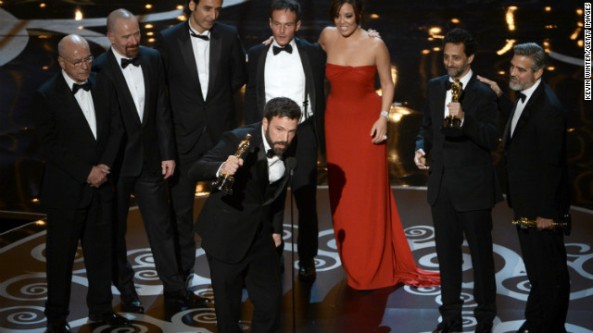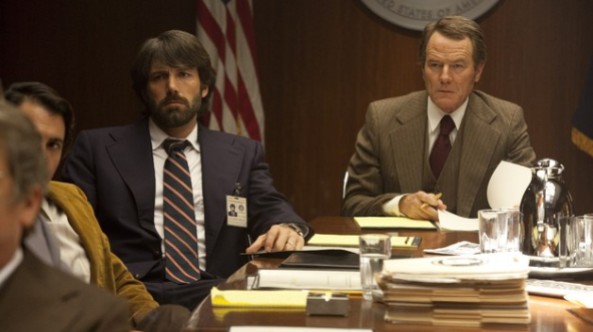The Oscar nominees rarely satisfy, only surprise and enrage, although never in the way people expect, which I guess is its own surprise.
It was expected that Amy Adams could “surprise” by breaking into the field of Best Actress nominees, but did anyone suspect that it would be at Emma Thompson’s expense? There were predictions that Christian Bale or Leonardo DiCaprio could get into an even tighter race, but both of them? Sally Hawkins was less expected behind perhaps Octavia Spencer and others, but was Oprah really the weak link?
These are the kinds of revelations that both delight and frustrate Oscar pundits. In a way, they were right that the Academy after all did not love “Inside Llewyn Davis” or “Saving Mr. Banks,” but then those prediction tallies never seem to match up.
The fact that there are surprises each year really shouldn’t be a surprise at all. If the Oscar nominations were as easy to predict as picking all the top ranked favorites, then what would be the fun of waking up at 7:38 in the morning to watch them? For instance, why was there doubt that David O. Russell couldn’t lead yet another cast to a sweep of the acting categories like he did with “Silver Linings Playbook” and nearly did with “The Fighter”? That’s one of those “surprises” that people should’ve seen coming a mile away, but no one did.
I guess it’s less of a surprise that Oscar pundits will now all turn around and rationalize the nominations in the way I’ve just done, as though it made sense or was expected all along, but no one “knew” that Thompson would be out, or no one “knew” that “Philomena” was a sure thing thanks to Harvey Weinstein after all. (I did however bet Hanks would get nothing) Continue reading “Oscar Nominations 2014 Analysis: Full of Surprises and None”


